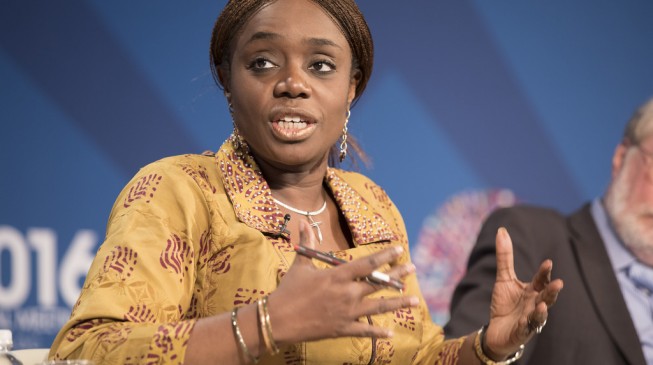In 2009, a World Bank report revealed that Africa required $93bn per year to meet demand for adequate infrastructure. This figure has become part of the infrastructure debate, both in terms of the challenge it poses and the opportunity for investment it represents.
Important progress has been made and infrastructure investment has reached record levels in recent years. But there are still significant challenges. Seven years on, less than half of the $93bn annual requirement is being met by existing sources. Furthermore, the limitations of raising funds from multilateral institutions are beginning to show, while China has scaled back funding due to the slowing of its own economy.
This presents a significant opportunity for international financiers to play a larger role in plugging the infrastructure gap – but only if they can locate bankable projects and navigate the inherent risks involved.
Mitigating risk
Early identification and management of the key risks can be the difference between a successful project and unforeseen delays and costs. Risks especially relevant to projects in Africa include the following:
Political risk – These risks arise from the action or inaction of central or local government and include policy or regulatory changes that occur during the life of the project. These changes can adversely impact upon both the risk profile and/or financial returns of the project. Many countries have complex overlapping consent processes, which can involve various ministries and elongated time frames.
Land issues – Land ownership in many parts of Africa is complex and unclear. Land acquisitions can be a slow process and it is common for unregulated third party claims to emerge during the acquisition process.
Local legal issues – A clear understanding of local legal issues relevant to the project is essential. Each jurisdiction will have different legal requirements that will impact upon the structuring of a project. These can include a requirement that all insurances are placed in the local market before being reinsured or a statutory cap on the level of interest that an investor can charge on any facility. Investors will also need to consider their ability to enforce their contractual positions under the relevant local legislation.
To best manage these risks, investors need to ensure that projects are structured thoroughly so as to be “bankable” before significant expenditure is committed. This will involve the input of both an international law firm with experience of structuring complex infrastructure projects and local counsel. Successful coordination between these two firms is essential.
Attracting infrastructure funding
It is critical to consider how a project will be funded and possible funding sources at an early stage. Affordable funding is often a key factor in determining whether or not a project can proceed, and infrastructure assets often require long-term flexible funding solutions matched to the life span of the asset itself.
Potential funding options should be explored prior to committing to a contract structure and supplier. It can be possible to unlock export funding options, but this will depend on the country sourcing of the supplier, and often requires government support. An advisor with experience of raising funding for African projects is a key asset to a sponsor who is looking to ensure that the necessary building blocks for a project are in place or can be made available so that the most attractive funding is secured.
By avoiding common mistakes such as not investigating the level of government support available to a project, failing to seek early advice on a project’s funding options, or not understanding the structuring requirements of potential sources of capital, sponsors will be in a good position to secure funding for infrastructure projects in Africa.
Co-authored by members of the Business Council for Africa’s financial services working group: Andrew Sekandi, associate director, KPMG, Ed Harkins, head of export credit financing Fieldstone Africa and Will Lewis, senior associate, projects and infrastructure, Stephenson Harwood LLP.


